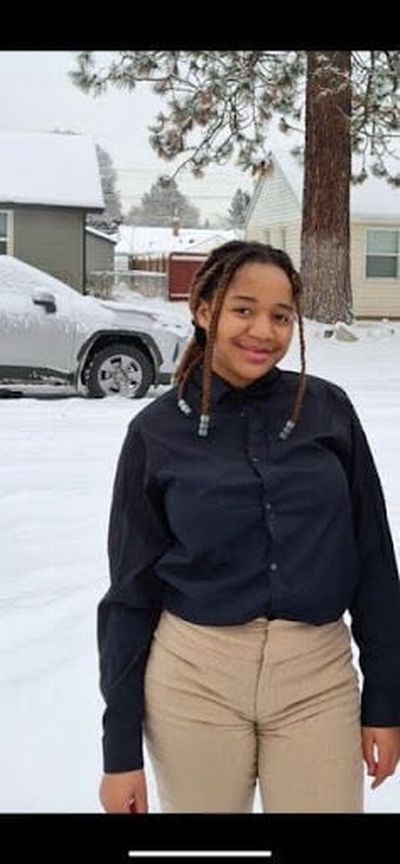As a teenager, I know I’ve only had a small taste of life. But even in my few years, I’ve learned something powerful: people will often see you not as you are, but as the version of you they want to see. A preacher at church gave a sermon about this months ago, but it really struck me just recently.
People tend to label you as good, bad, or what they consider “normal.” They overlook your flaws or ignore your strengths just to shape an image that fits their expectations. What’s unsettling is that this often comes from the people closest to you – your own family.
To anyone who’s lost friends or family members to “strangers,” it might be because that stranger saw something in them that you didn’t. And to those who have found comfort in strangers – it’s not your fault. Sometimes you feel more connected to someone new because they make you feel understood. And that’s okay.
It’s also not your fault if your joyful, lively friend is secretly battling anxiety and you didn’t notice. Or if your always-joking sibling is quietly struggling with thoughts of ending it all but won’t open up–because they’re scared that doing so might break you, too. They’re trapped between two realities: the version you see and the one they live through silently.
We often don’t realize how hard it is for someone to open up when we’ve already set expectations about who they should be. I’ve caught myself doing both–seeing the real side of someone and sometimes choosing to ignore it just to keep the peace in the relationship.
But we can do better.
We should try to support each other more, especially through platforms like social media where so many people silently cry for help. We need to spread awareness and create safe spaces for those who feel unseen.
I’ll never forget the girl I once thought was the happiest person I knew. She ended her life last year because she didn’t feel mentally safe. That memory stays with me.
It’s not always easy to see through someone’s pain, but it would make a big difference if older generations shared wisdom and tools to help younger people cope with mental distress. We all face it at some point in our lives. The more we understand one another, the more healing we can bring.
